Beware the criminals lurking online
The modern way to find many of the services, trades, and products we need to buy is to look online. It’s quick, easy and you can do it from the comfort of your own home. But it is a minefield …
The modern way to find many of the services, trades, and products we need to buy is to look online. It’s quick, easy and you can do it from the comfort of your own home. But it is a minefield …
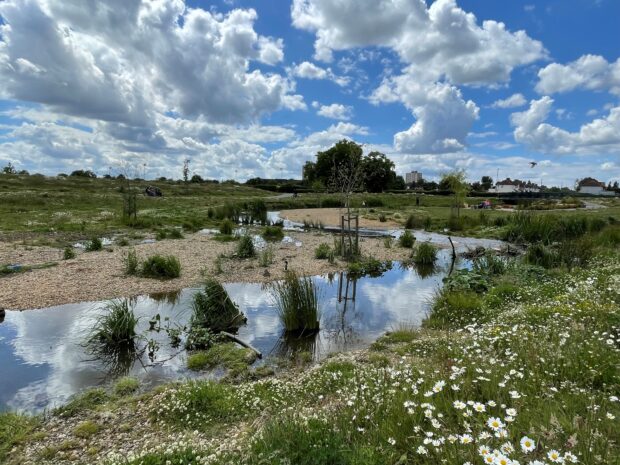
Did you know there are more than 242,000km of watercourses in England? Our rivers, lakes, ponds, estuaries, and wetlands cut across and connect many landscapes, providing natural corridors for wildlife and supporting a wealth of biodiversity. However, our nation’s wildlife …
Today (Wednesday 27 March) we have published storm overflow (Event Duration Monitoring data) for the 2023 calendar year. Event Duration Monitors record the number and duration of spills from storm overflows. To view mapped data visit Storm Overflow Spill Frequency (arcgis.com) …
Today, Tuesday 26th March, the Environment Agency (EA) has launched a new whistleblowing portal enabling water company staff to report environmental wrongdoing by their own organisations and industry. Our message to water company workers is that if you suspect the …
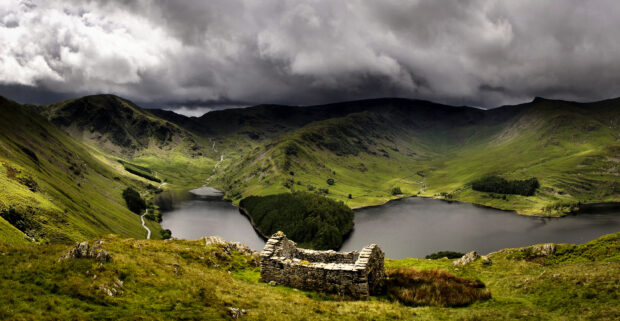
When we make a cup of tea, coffee, or get a cold drink from the tap, we sometimes take for granted the huge journey that the water has been on. We may not be aware of the amount of work …
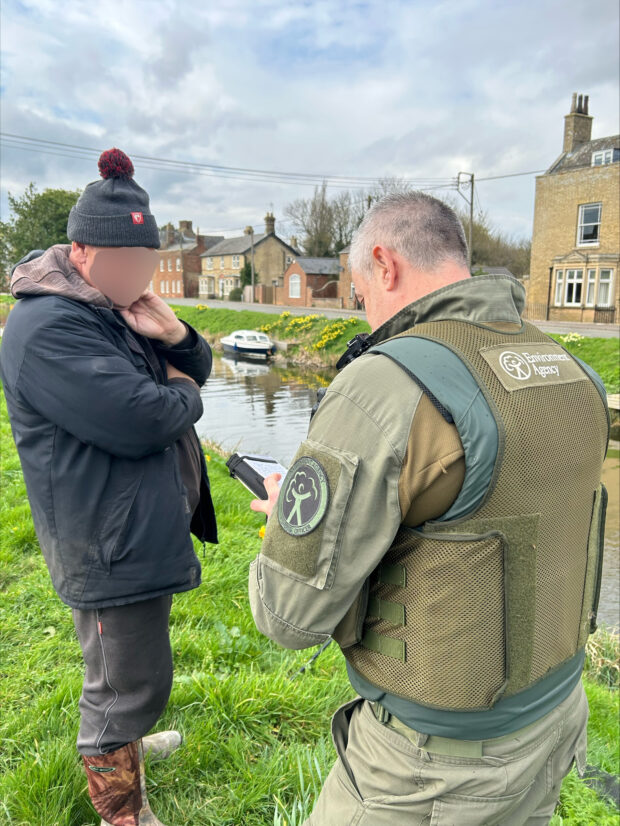
Between March and June every year, many coarse (freshwater) fish will be preparing to spawn (breed and lay eggs), spawning, or recovering from spawning. This can be both stressful and exhausting and if they are disturbed, they may well decide …
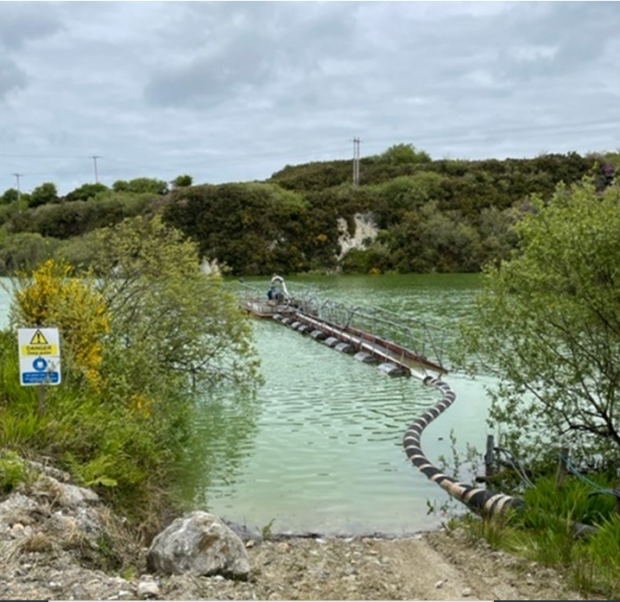
Mark Pilcher, Land and Water team leader in West Cornwall, talks about our demanding work to inspect one of the largest abstractors of water in the south-west. The Environment Agency (EA) is responsible for regulating water in England - its …
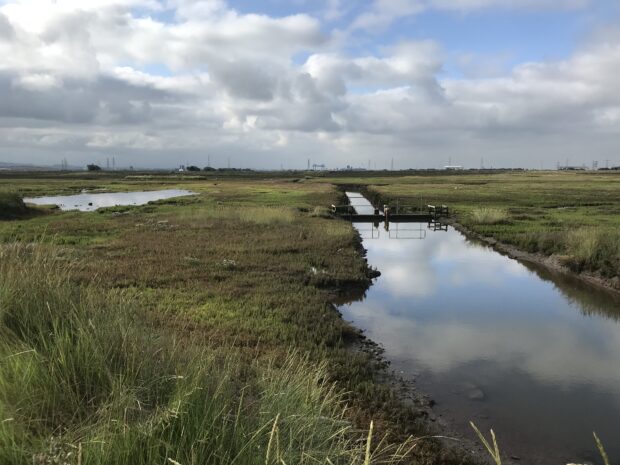
A recent collaboration involving the Environment Agency, the environmental consultancy Jacobs and Manchester Metropolitan University (MMU) is shining a light on the role of restored saltmarshes in storing blue carbon – carbon captured by the oceans and coastal ecosystems. The …
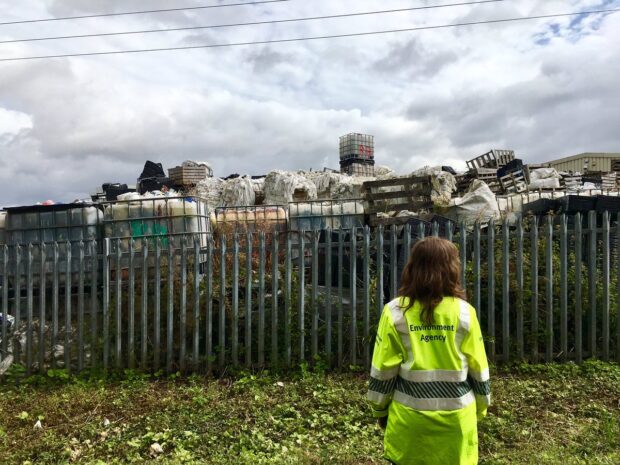
By Joanna Larmour, deputy director of the Environment Agency’s National Enforcement Service Waste crime has been going on for too long – and the Environment Agency is taking action. That’s why we’re committing more resources than ever to find, identify …
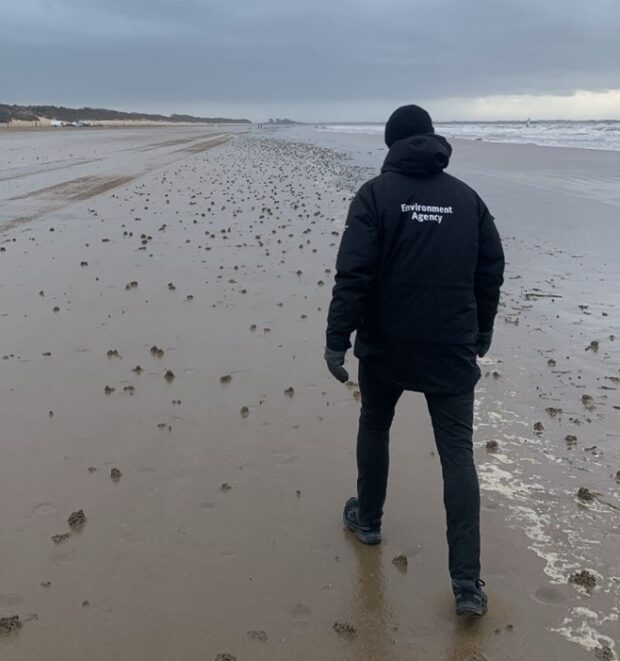
The Environment Agency conducts weekly sampling during the bathing water season, which spans from May to September. Across the UK, there are 424 designated bathing water sites, 49 of these sit within Wessex. Each one of these sites is …